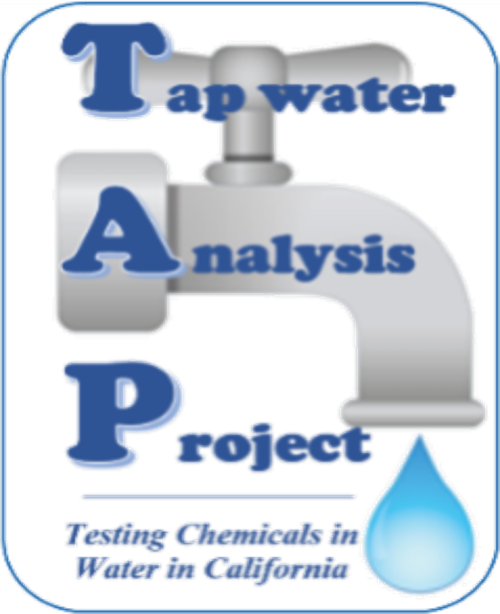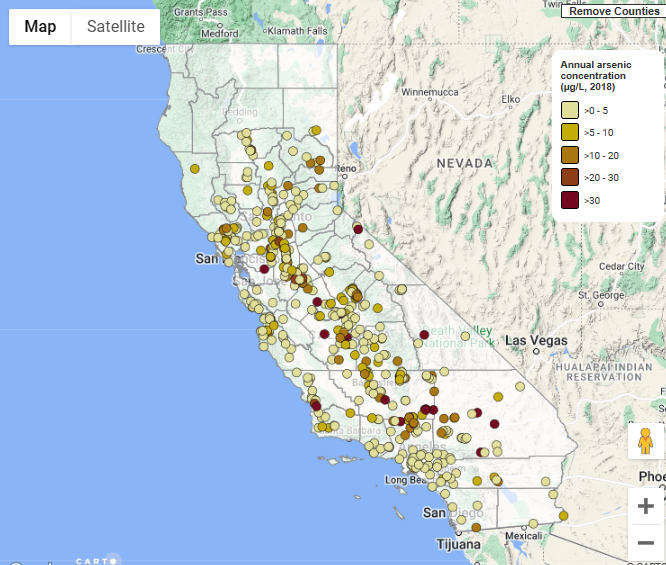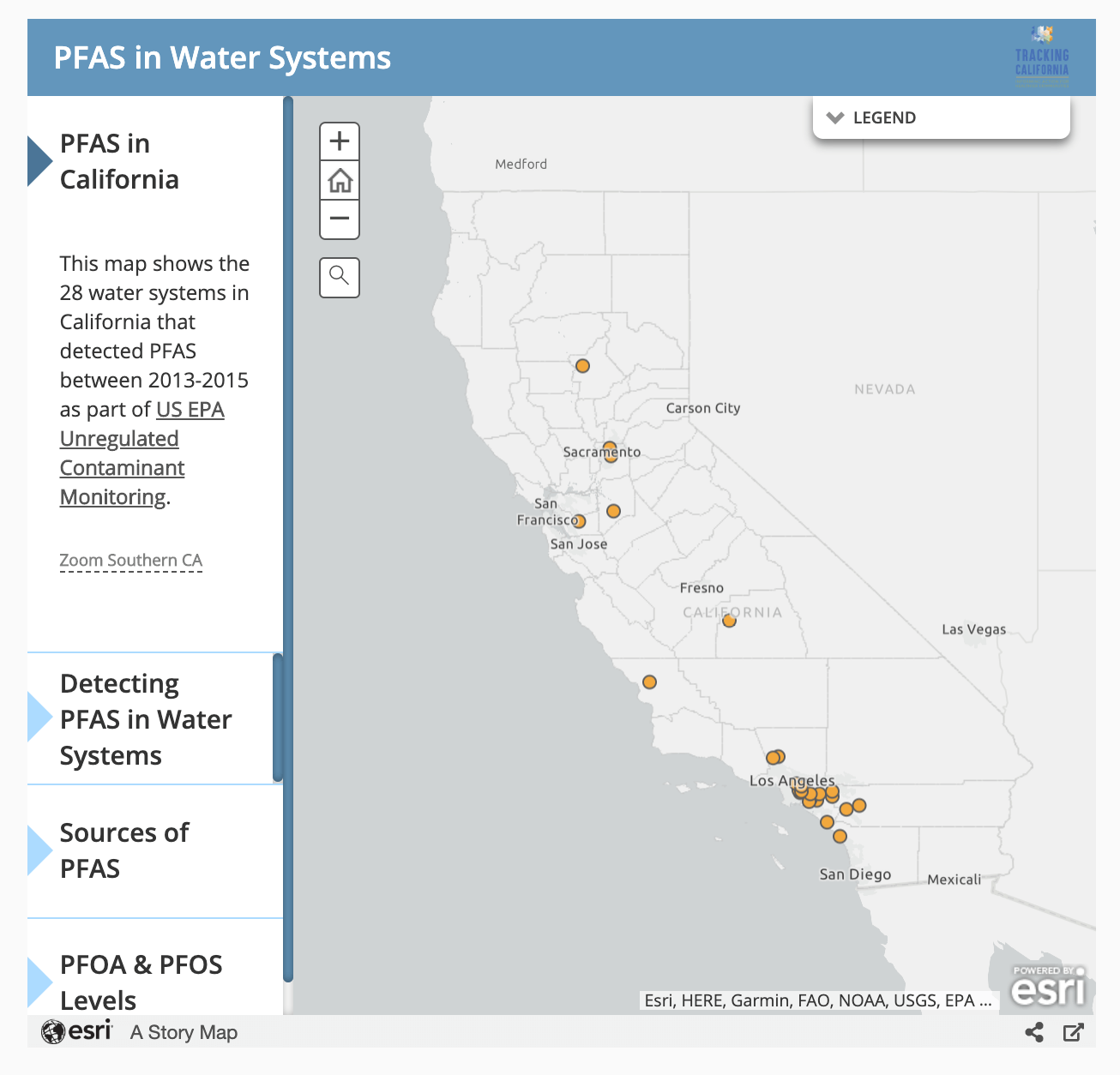The Tapwater Analysis Project (TAP) looked at chemicals associated with increased cancer risk in drinking water in areas affected by water quality issues and/or higher rates of breast cancer in California.
We identified which areas of California to focus on by creating maps that show the overlap between drinking water contamination, breast cancer rates, and economic disadvantage within the following areas: Gold Country, the San Francisco Bay Area, Los Angeles, and the San Joaquin Valley. We then collected tap water samples from the homes of over 60 participants in these four regions.
We tested these samples for hundreds of chemicals, including known or suspected breast carcinogens, toxicants, and/or endocrine disruptors, such as pesticides, PFAS, inorganics, and pharmaceuticals. We also tested a subset of these samples in cell systems that respond to hormonal activity, to see if the water exhibits indications of endocrine disruption.
- Disinfection Byproducts
- Inorganics
- Pesticides
- Pharmaceuticals
- PFAS
- Hormone Activity
- Non-Targeted Analysis
Participants received the lab results from their tap water samples, along with recommendations and resources. Local community based and advocacy organizations participated in interpreting and disseminating the study findings. Relevant results were also shared with public water systems and the CA Waterboards.

Key Project Information
Project Time Period
2020
Project Funder
The TAP study is funded by a community research collaboration award from the California Breast Cancer Research Program of the University of California.
Project Partners
- Clean Water Action
- Communities for a Better Environment
- National Cancer Institute at the National Institutes of Health
- Public Health Institute
- Sierra Streams Institute
- University of California San Francisco
- U.S. Environmental Protection Agency
- U.S. Geological Survey
Project Contact
For more information, please contact gina.solomon@ucsf.edu






